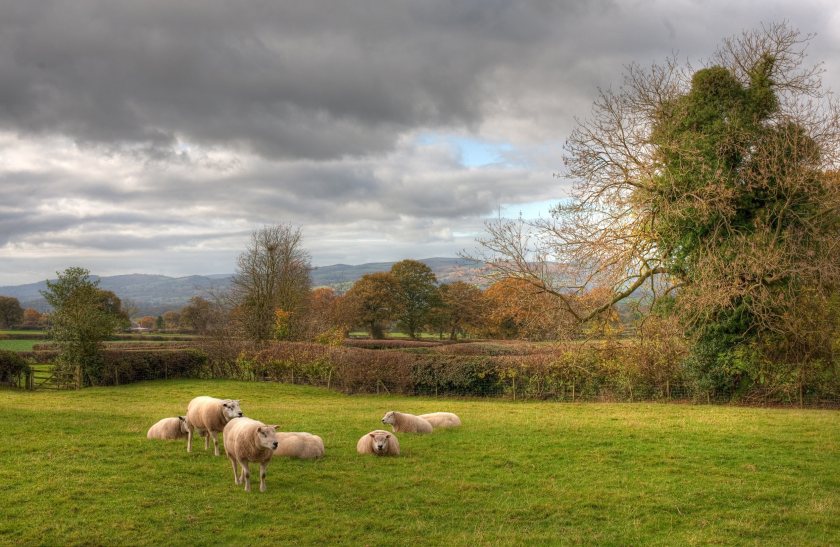
The government has again extended the 'restricted zone' set up to curb bluetongue virus to include more counties, as over 100 farms have now recorded a case.
Following the identification of more cases, the restricted zone and infected area have been extended, covering ten counties and one city authority across England.
It now includes East Riding of Yorkshire, City of Kingston upon Hull, Lincolnshire, Cambridgeshire, Bedfordshire, Hertfordshire, Greater London, Surrey, East Sussex, West Sussex and part of Hampshire.
This brings the total number of cases in England and Wales to 109, according to Defra's latest update published on Monday (30 September).
Farmers and livestock keepers in the restricted zone must follow restrictions on animal and germinal product movements.
Susceptible animals cannot be moved out of the zone without a specific licence, and a general licence to move animals to designated abattoirs is also available. Movements within the restricted zone are permitted.
The extension comes after Wales recorded its first ever case of bluetongue virus over the weekend.
Following confirmation of it, the Welsh government called on farmers to be vigilant and to practice safe sourcing of livestock.
It said further investigations were taking place on the farm affected, located in north east Wales, to determine whether additional controls were needed.
The Deputy Chief Veterinary Officer, Gavin Watkins said the cases identified in Gwynedd were from animals brought into Wales.
“We will apply measures to stop the disease spreading from these three sheep and our aim remains to keep Wales free of bluetongue," he said.
“It is important to talk to your vet and practice safe-sourcing of livestock, to protect our herds and flocks and keep any further disease out of Wales.
“I would urge all farmers and others who keep ruminants and camelids to be vigilant for the signs of Bluetongue and to report any suspect cases to APHA immediately.
“We have been raising awareness of the disease with vets and industry and appreciate their help in communicating the risks to animal keepers in Wales.”
It follows confirmation of the disease in a single sheep on a farm in Norfolk in late August, which made it the first UK bluetongue case this summer.
Before this, in November 2023, government vets identified the first case of the disease in Britain since 2007.
The worsening situation follows the government's decision to permit the use of three bluetongue vaccines to curb infections.
The vaccines are suppressive, meaning they will reduce some of the clinical signs experienced by animals with the disease, but they do not prevent infection.
Bluetongue does not affect people or food safety, but outbreaks can result in prolonged animal movement and trade restrictions.
BTV is a notifiable disease. Suspicion of it in animals in England must be reported to the Animal and Plant Health Agency on 03000 200 301.
